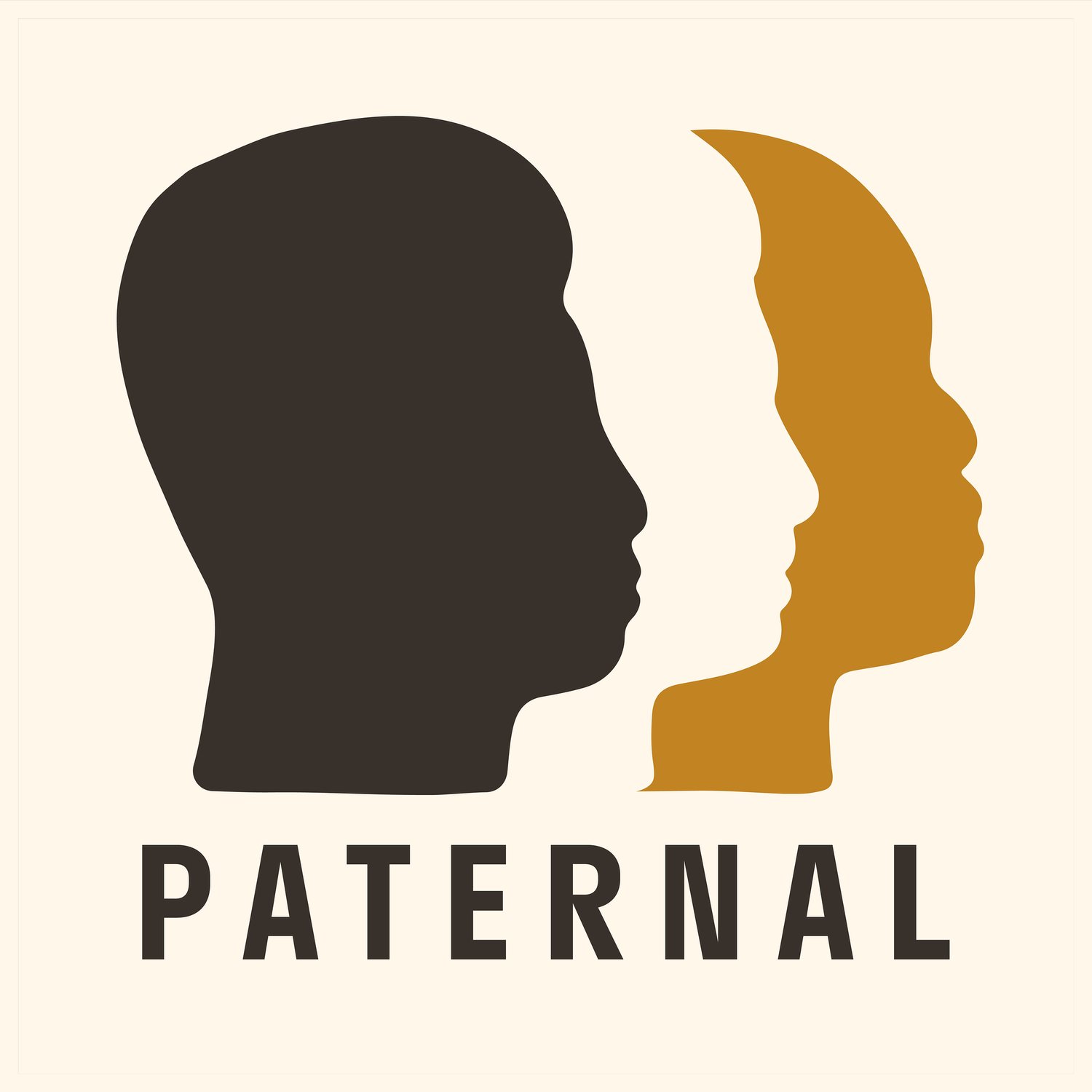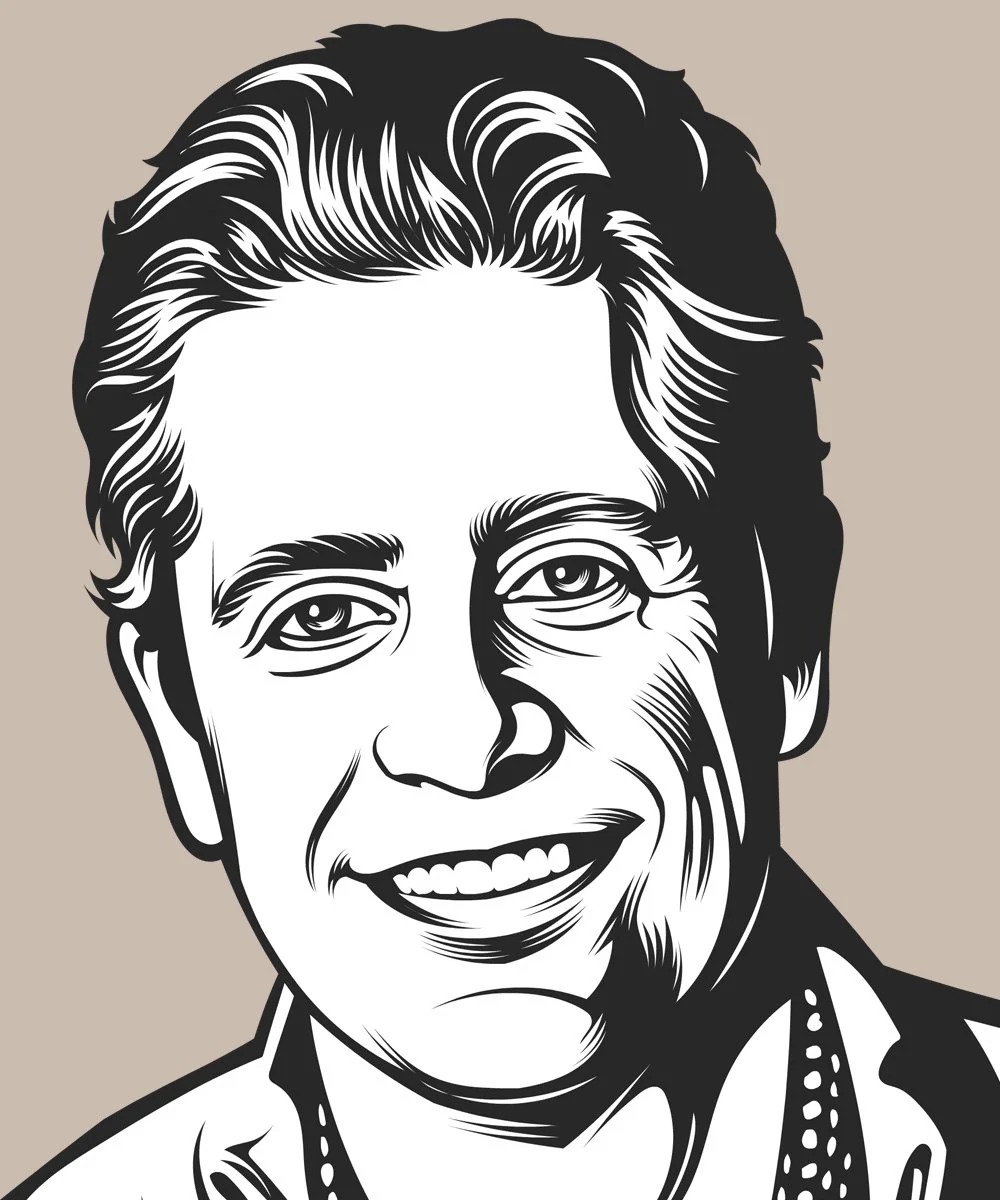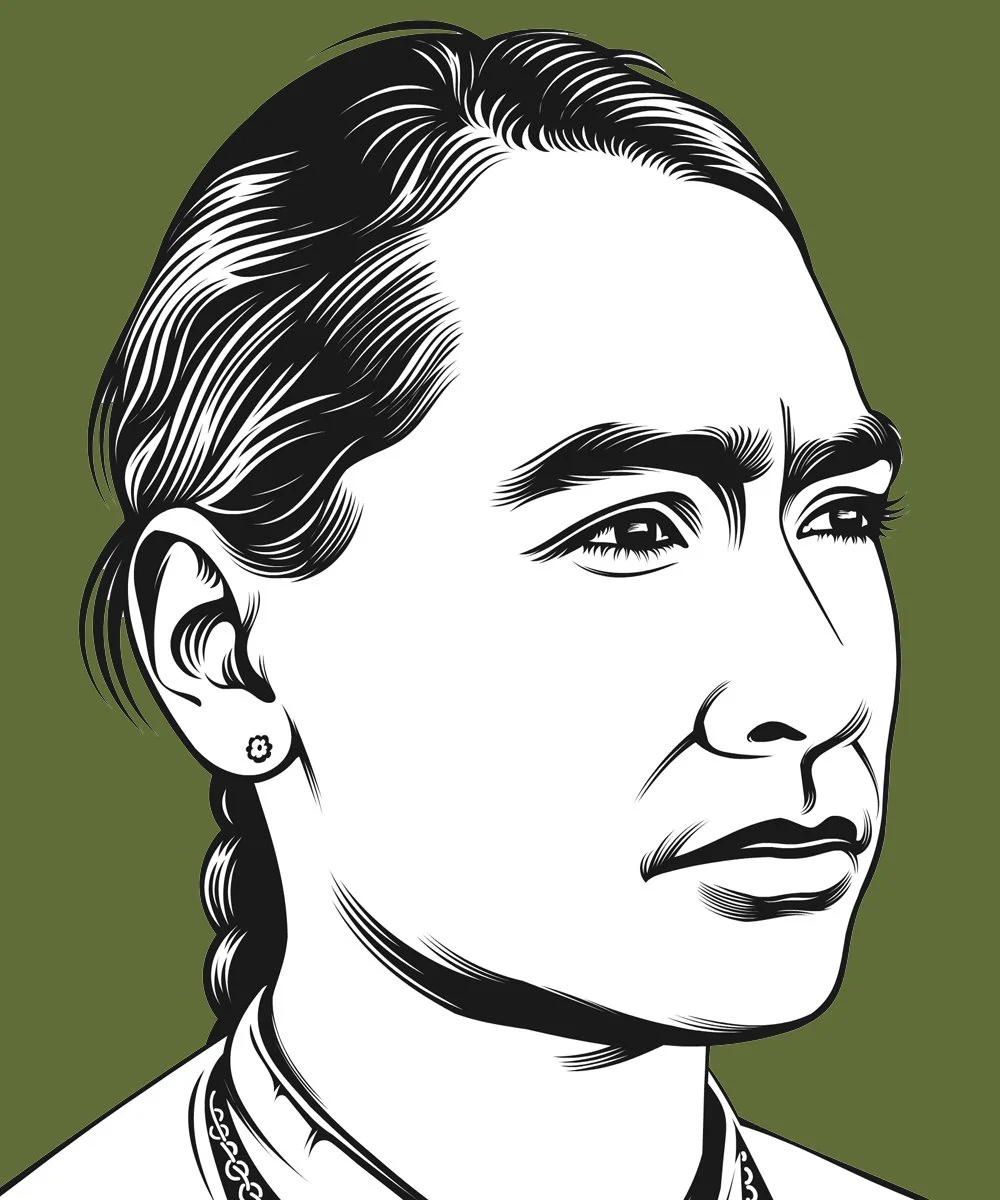John Elway. Joe Namath. Johnny Unitas. Peyton Manning. If you look into the backstory of just about any star quarterback you’ve ever heard of, and you’ll find either an overbearing father, or an absent one.
In honor of the Super Bowl and the men who play the biggest role in this game, author and ESPN senior writer Seth Wickersham joins Paternal to discuss why there’s no cooler job title in America than quarterback, but each star’s story often traces back to the influence of his father. He also discusses the challenges the sons of these star quarterbacks face in living up to the legacy of their dads, the perils of father/son relationships built on football, and why even Tom Brady struggled to be a quarterback and a father at the same time.




















